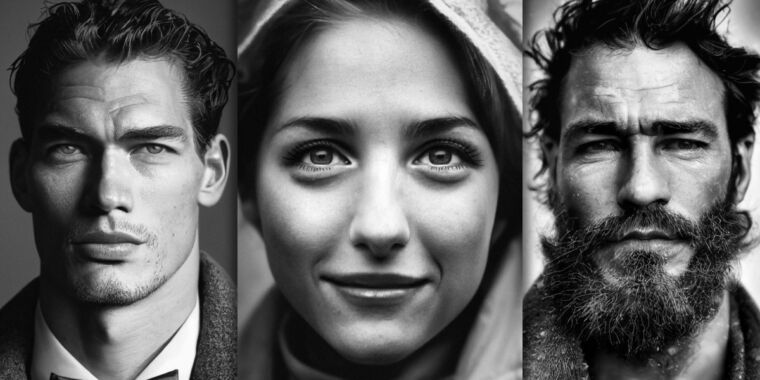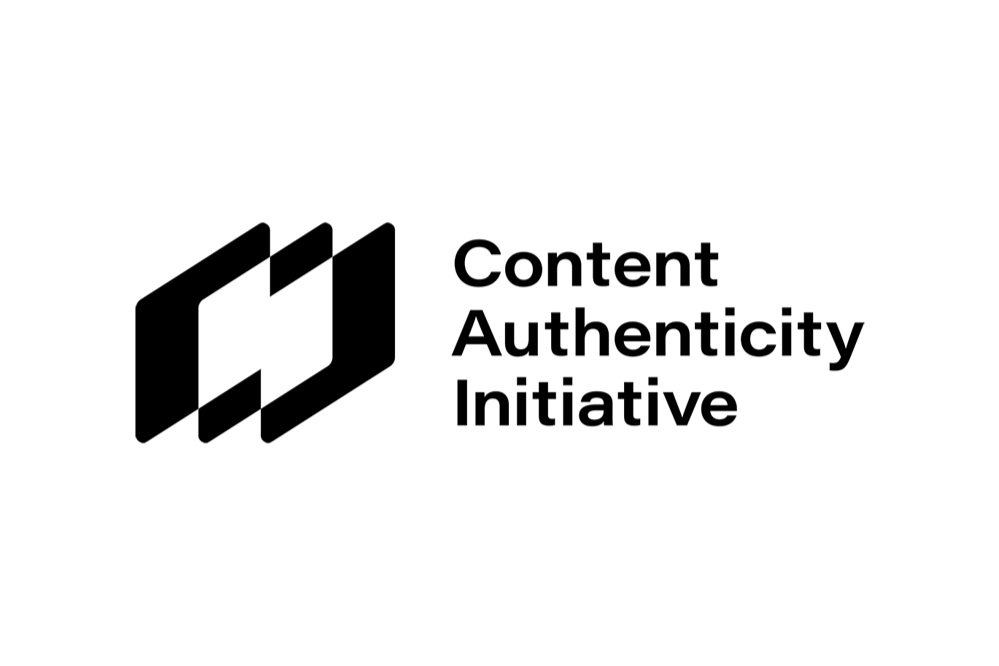Jorgen Udvang
Subscriber Member

Viral Instagram photographer has a confession: His photos are AI-generated
Artist wants to "come clean" and highlight a new media process.
Great to see you here. Join our insightful photographic forum today and start tapping into a huge wealth of photographic knowledge. Completing our simple registration process will allow you to gain access to exclusive content, add your own topics and posts, share your work and connect with other members through your own private inbox! And don’t forget to say hi!


Quo vadis mankind ?
Viral Instagram photographer has a confession: His photos are AI-generated
Artist wants to "come clean" and highlight a new media process.arstechnica.com
Very , very interesting thoughts . Thank you .Lies are older than multicellular life. (I believe the JWST has detected falsified galaxies less than 100 million years after the Big Bang). The first doctored photos appeared very shortly after the first photos. Adobe has a book called "Faking It" which is a defense of Photoshop. It is a history of photographic manipulation.
For those who have the misfortune to remember Calculus, "L'Hopital's rule" was a purchased theorem. He wanted his name on something. Thomas Edison took credit for his employee's work. Demagogues, ad campaigns, speechwriters - the best efforts of talented people have gone into falsification. So we've automated the process just as we automated numerical calculation.
Ecclesiastes had it right.
What is different now are scale, access and ignorance.Lies are older than multicellular life. (I believe the JWST has detected falsified galaxies less than 100 million years after the Big Bang). The first doctored photos appeared very shortly after the first photos. Adobe has a book called "Faking It" which is a defense of Photoshop. It is a history of photographic manipulation.
For those who have the misfortune to remember Calculus, "L'Hopital's rule" was a purchased theorem. He wanted his name on something. Thomas Edison took credit for his employee's work. Demagogues, ad campaigns, speechwriters - the best efforts of talented people have gone into falsification. So we've automated the process just as we automated numerical calculation.
Ecclesiastes had it right.
Bart , I am afraid that creativity will also be replaced by AI .On a positive note: no need anymore for cameras or lenses or bags or drones or ...
Just a powerful computing device and some creativity !

JorgenThere's another problem to this also: Accountability
I've had a few encounters with ChatGPT lately, to test its abilities. Although it's still threading its baby shoes, it's surprisingly capably. However, there are no references, no alternative opinions. Since there are algorithms at the bottom of a chatbot and the algorithms involve human interaction, whoever created the algorithms will have immense influence over the results. One of the tests that I did was the following:
View attachment 201204
It's possible that the above is true. Berthold Brecht was after all known for taking credit for the work of other people. However, after 2 hours of Google searches I was unable to find a source that could confirm a connection between Kurt Tucholsky and/or Mischa Spoliansky and "Die Ballade vom angenehmen Leben". In the future, most people will choose to believe whatever some AI application will tell them, and if the source data is manipulated and there are no references, they will still believe. If something is written by a human, that human can be contacted to get facts verified. A bot will just double down and claim that it's right.
Again, lies and deception are nothing new. However, the efficiency and presumed exactness of AI will make most people less likely to double check, which will make it easier for dishonest actors to deceive a larger number of people. I can see the same thing happening with photos. Hackers can instruct a bot to do certain identical changes to all online photos of a particular event, like adding or removing a person or object. Many influencers can leave much of their work to a bot, generating text and photos of their recent walk to the top of Mount Everest while in reality they were sleeping safely in their beds. The future is scary, but unfortunately not many are scared.
It’s actually interesting how quickly AI users take ownership of the creativity and skill involved in making the images. Being an ‘AI artist’ is quickly becoming a thing much in the same way someone hammering their phone snaps with canned filters starts to feel like a great photographer.Whatever "AI" might do or be, I will just keep doing what I like doing. If "AI" does something that I can benefit from, I'll use it ... but I haven't found that to be the case so far. Getting satisfaction from creating photographs sort of requires that I create them, not some algorithm. I don't see how that can change.
G
I absolutely agree.Lies are older than multicellular life. (I believe the JWST has detected falsified galaxies less than 100 million years after the Big Bang). The first doctored photos appeared very shortly after the first photos. Adobe has a book called "Faking It" which is a defense of Photoshop. It is a history of photographic manipulation.
For those who have the misfortune to remember Calculus, "L'Hopital's rule" was a purchased theorem. He wanted his name on something. Thomas Edison took credit for his employee's work. Demagogues, ad campaigns, speechwriters - the best efforts of talented people have gone into falsification. So we've automated the process just as we automated numerical calculation.
Ecclesiastes had it right.
That might be the ultimate step: humankind replaced by AI …Bart , I am afraid that creativity will also be replaced by AI .
It's analogous, to my thoughts, to those who buy the latest whizz bang automated camera and learn how to pick which automation mode does the right job for them in what situation, make some great photos with that, and then start considering themselves experienced and skilled photographers. However, if you ask them what f/stop they chose or why they used ISO 2950, they don't even know what the terms mean. It's a different set of skills, riding the automated mechanical horse, from what I do.It’s actually interesting how quickly AI users take ownership of the creativity and skill involved in making the images. Being an ‘AI artist’ is quickly becoming a thing much in the same way someone hammering their phone snaps with canned filters starts to feel like a great photographer.
